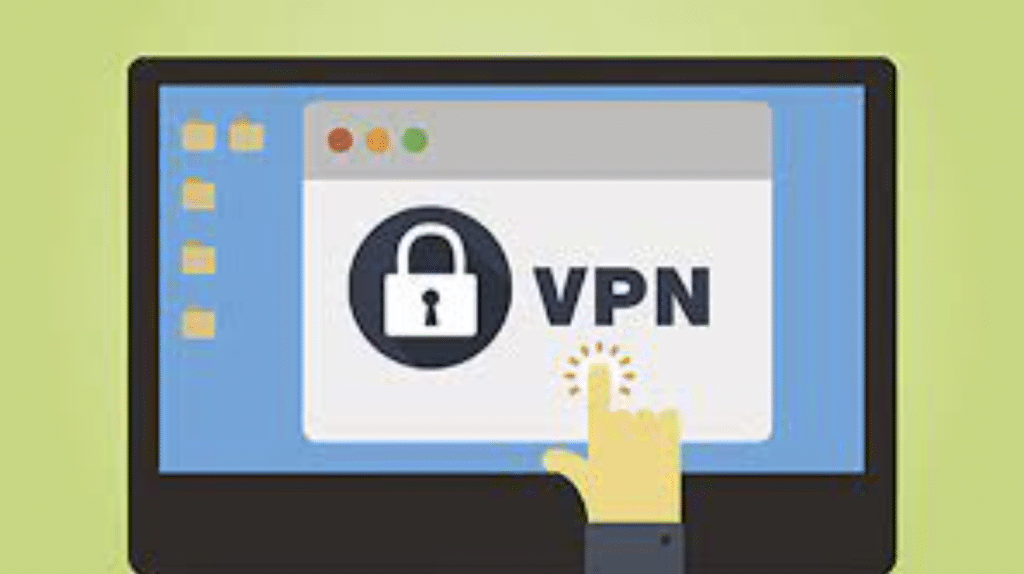Using a free VPN (Virtual Private Network) has emerged as a crucial instrument for protecting confidential data and preserving anonymity in today’s digital environment, where cyber dangers are pervasive and privacy is paramount. Free VPN have attracted much interest because of their affordability, but IT workers need to learn more about the nuances and benefits these services provide. In this essay, we’ll explain the technical details of free VPNs and their advantages and workings.
1. Robust encryption protocols, to start
Free VPN services provide a secure tunnel between the user’s device and the VPN server using cutting-edge encryption protocols like OpenVPN, IPSec, and L2TP/IPsec. This intricacy makes the network a strong barrier against possible threats by ensuring that data transferred across it is hidden from prying eyes.
2. IP Masking for Anonymity
With the use of a free VPN, it is possible to hide one’s actual IP address and replace it with one from a server in another area or nation. Professional users like the additional layer of anonymity that this approach, also known as IP obfuscation, gives since it prevents surveillance and tracking.
3. Obtaining Content That Is Geo-Restricted:
Bypassing geo-restrictions is made possible by free VPNs, giving users access to a wide range of regionally restricted content. Users may access websites, streaming services, and material libraries that might not be accessible in their area by routing traffic through servers in other nations.
4. Use of Secure Public WiFi:
Free VPNs provide an essential layer of protection for tech-savvy workers who routinely connect to public Wi-Fi networks. Due to these networks’ propensity for hacking and eavesdropping, VPN use is crucial for protecting confidential work-related data.
5. Ad Blocking and Malware:
Numerous free VPN services come with built-in security measures against invasive marketing and harmful spyware. Professionals that want a spotless digital workspace will benefit most from this degree of security.
6. Peer-to-peer file exchange and torrenting:
Some free VPNs offer P2P file sharing and torrenting for people who use these practices on a regular basis. They allow for anonymous and secure file exchange, guaranteeing the confidentiality of data.
7. Policy against Logs:
The dedication of free VPNs to customer privacy is a big benefit. The tight no-logs policy that many respected providers uphold prohibits them from keeping track of customer behavior. Your internet activity will stay private thanks to this additional security measure.
8. Budget-Friendly Options:
While expensive VPN services provide a large selection of features and performance upgrades, free VPNs are the best option for business people looking for affordable solutions. They offer necessary protection and privacy without the cost of premium services.
9. The Drawbacks of Free VPN Services:
It’s important to keep in mind that while free VPNs have numerous benefits, they also have restrictions. There may be occasional data use limitations, fewer server alternatives, and slower connection speeds among them. It’s crucial to comprehend these limitations and pick the best free VPN service for your demands as a working person.
In conclusion, free VPNs are essential tools for tech-savvy professionals looking to safeguard their online activity due to their sophisticated encryption techniques and useful features. They might not be a perfect match for everyone, but for those who are familiar with their technological nuances, their affordability, privacy protection, and capacity to open geo-restricted material make them an enticing option. Free VPNs provide a potent defense against online dangers for professionals who must remain watchful in the digital world.
